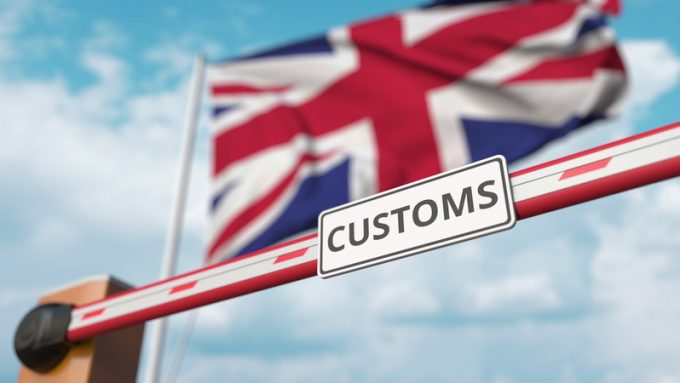EU 'frustration over what UK wants' as further trade talks loom
Supply chain operators are being warned not to get their hopes up of any imminent ...

The freight industry has raised serious doubts over the announcement last month by UK minister Michael Gove of a new “customs agent academy”.
Mr Gove said the government was talking to the forwarding industry about a new academy, but when questioned by The Loadstar, the Cabinet Office declined to give any details.
UK forwarding association BIFA told The Loadstar: “It’s a bit odd that, if such talks are taking place, the trade body that officially represents UK freight forwarding companies, which make ...
Trump tariffs see hundreds of cancelled container bookings a day from Asia
'To ship or not to ship', the question for US importers amid tariff uncertainty
'Chaos after chaos' coming from de minimis changes and more tariffs
Forto 'sharpens commercial priorities' as it lays off one-third of staff
List of blanked transpac sailings grows as trade war heats up and demand cools
EC approves DSV takeover of DB Schenker
Overcapacity looms for ocean trades – with more blanked sailings inevitable
'Disastrous' DSV-Schenker merger would 'disrupt European haulage market'
Amazon Air’s metamorphosis: 'a different air cargo unit from two years ago'
Shippers in Asia restart ocean shipment bookings – but not from China
India withdraws access for Bangladesh transhipments, in 'very harmful' decision
'Tariff hell' leaves industries in limbo – 'not a great environment to plan'

Comment on this article
Rob
May 14, 2020 at 5:10 pmA very enlightening article, I hadn’t heard of this before. Solutions definitely need to be found. Thanks – Rob